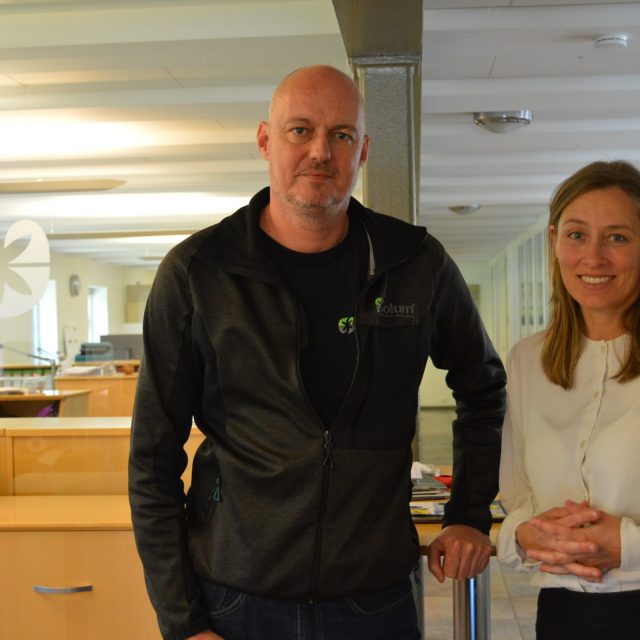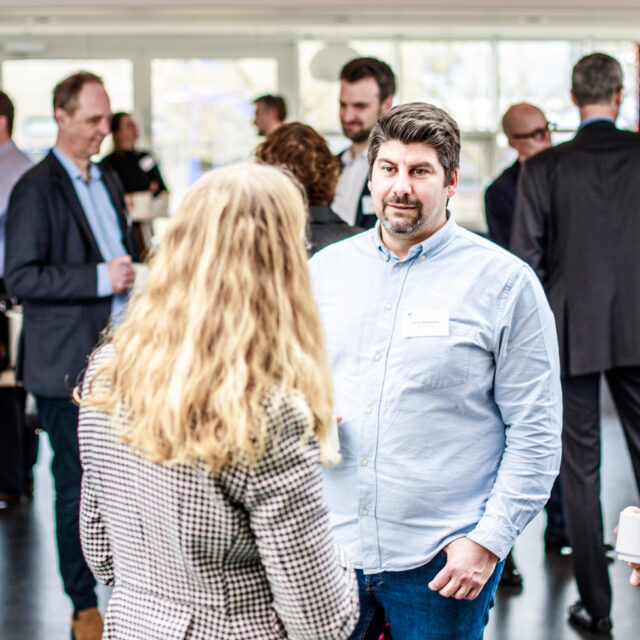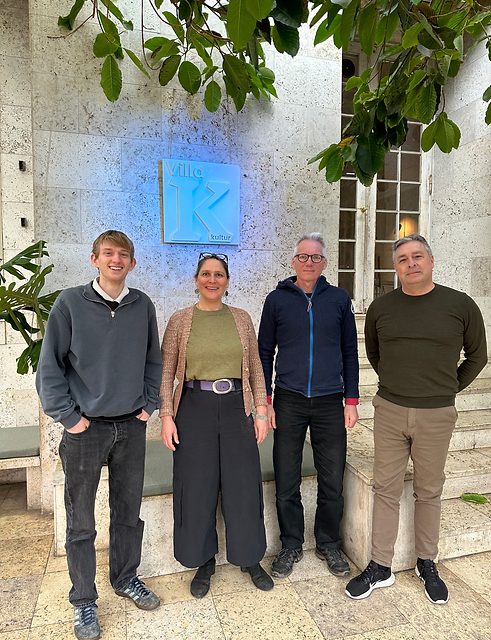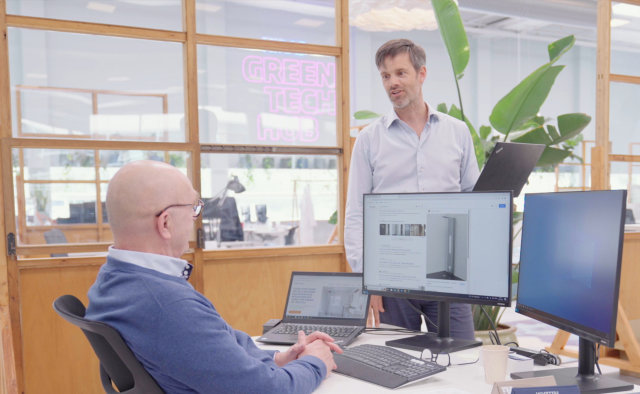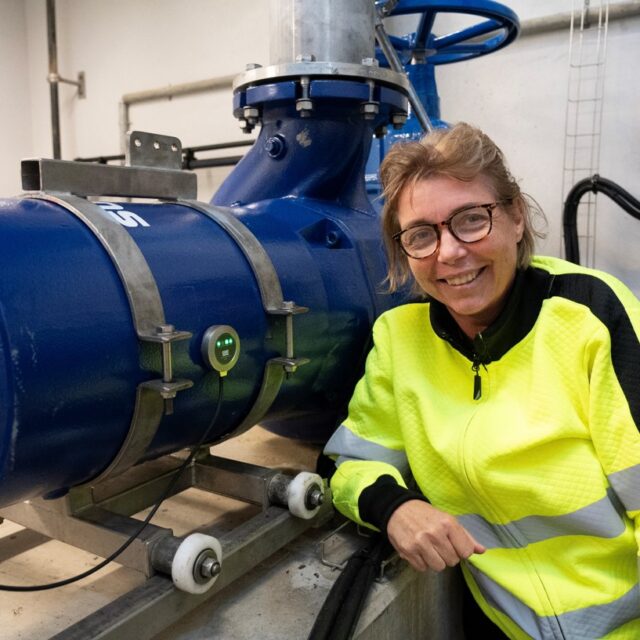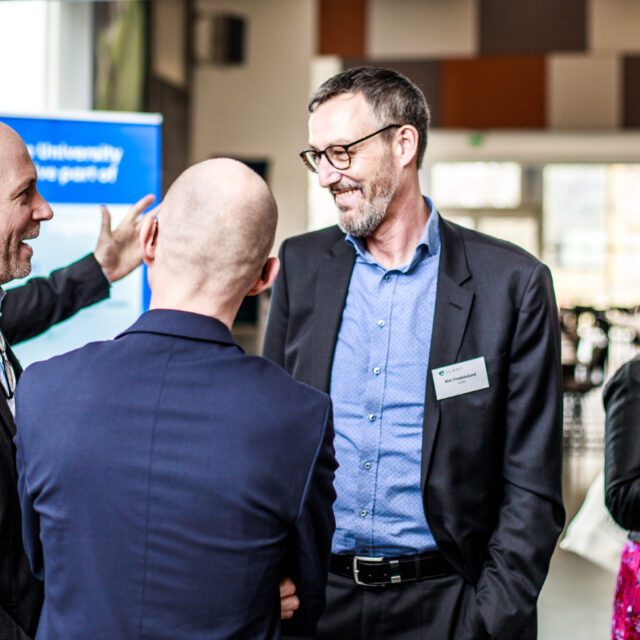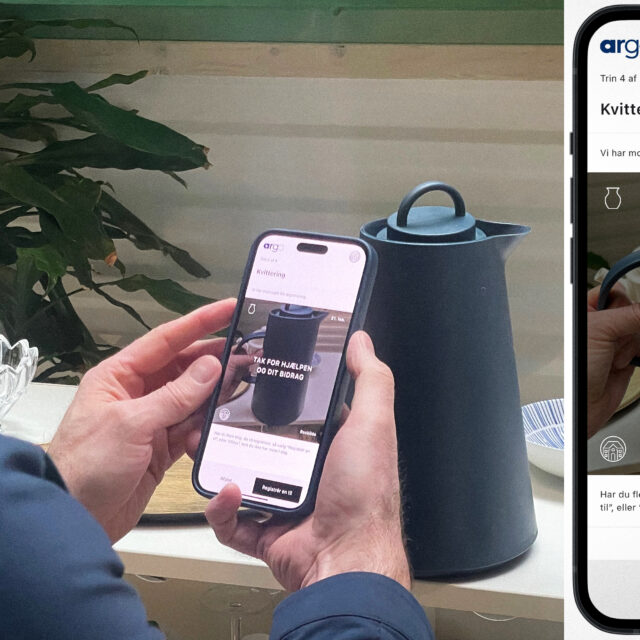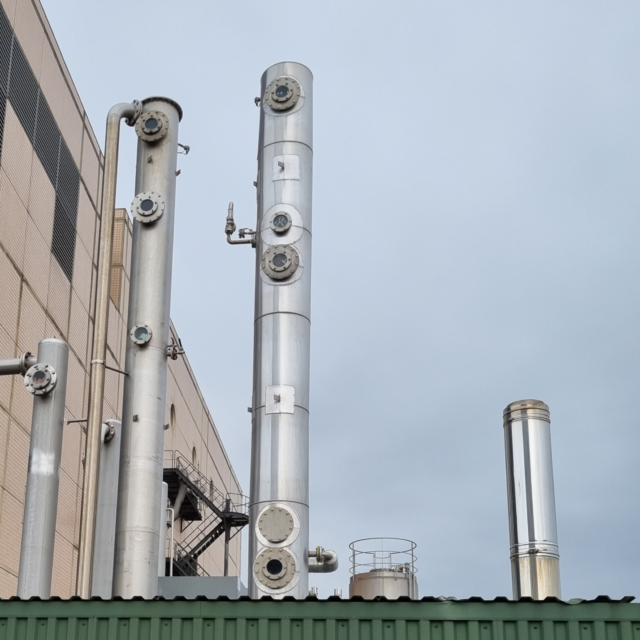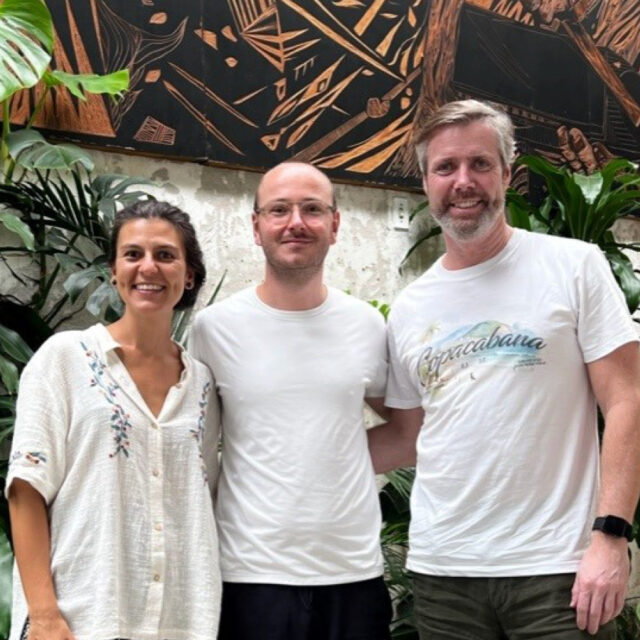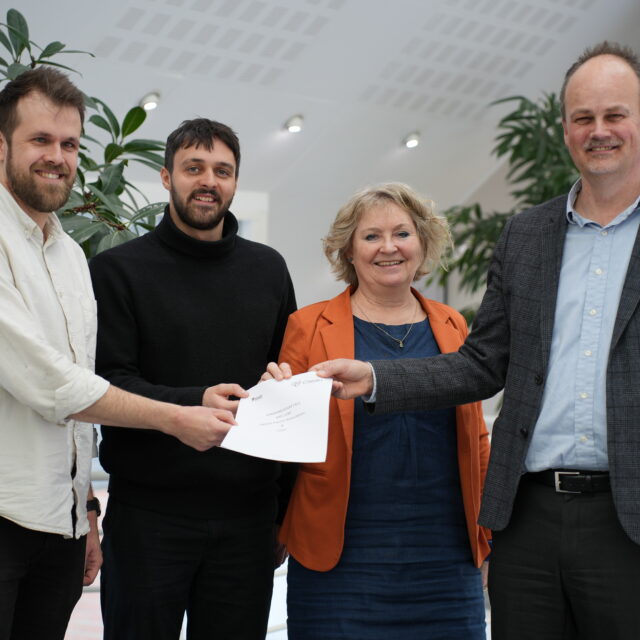7. Jun 2024
Tighter legislation against PFAS opens up new innovation opportunities
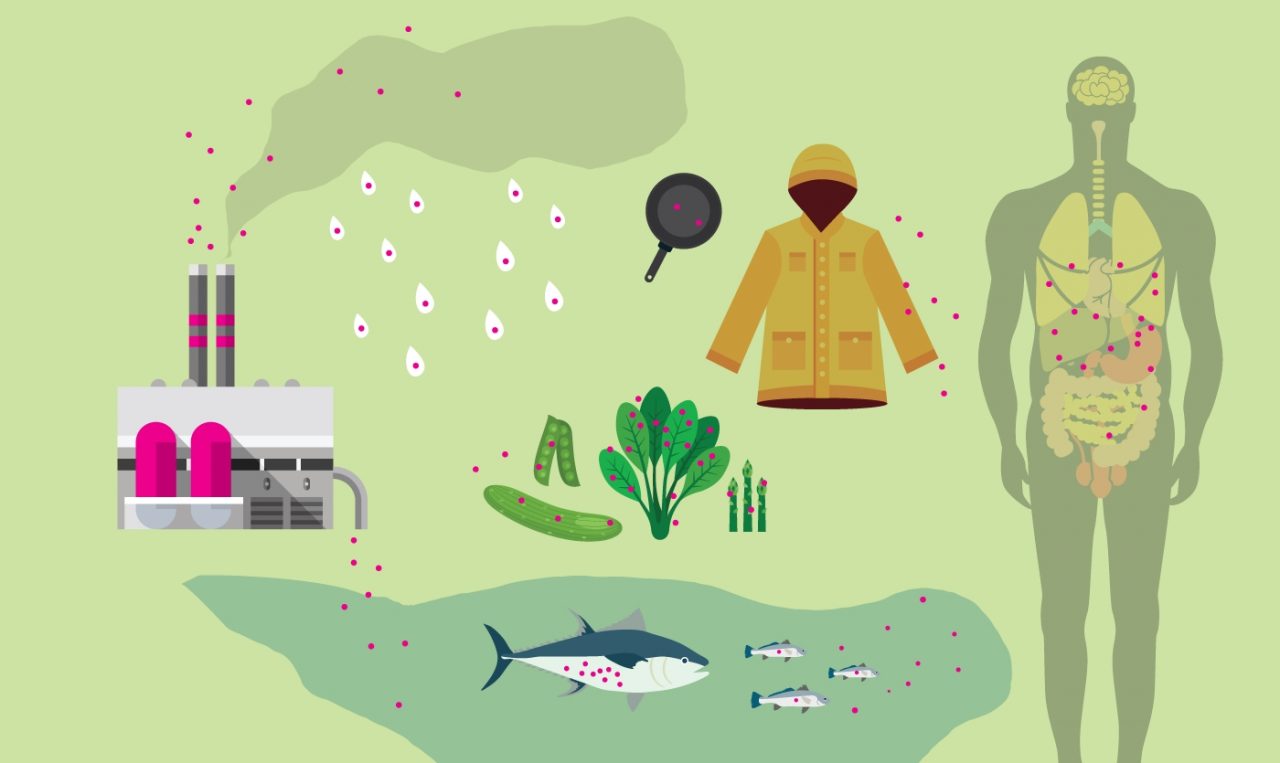
The Danish government’s proposal for a new PFAS action plan includes a national ban on PFAS in clothing, shoes and impregnating agents. This will bring about a necessary shift in our industrial production that can benefit both the environment and business. Illustration: Ingeniøren.
Our technological development has led to many technological breakthroughs and a number of amazing products and technologies that have contributed to our modern way of life. The flip side of the coin is that our search for solutions can often lead to new problems for nature and humanity.
The so-called ‘perpetual chemicals’ of PFAS are an integral part of countless products. Their chemical nature makes them difficult to break down, creating a growing problem of pollution in our environment. Bans and strict legislation are often the only effective way to phase out these harmful chemicals. At the same time, it opens up exciting innovation potential: How can we develop new substances or product types that can replace them without threatening the environment and human health? Legislation can thus become the golden opportunity for innovative companies to build a healthy business by solving another one of our man-made problems. In other words, tight legislation, bans and regulations often create new business opportunities for those players who have a ‘green mindset’ and try to solve problems through a more sustainable approach.
Denmark in the green lead
Fortunately, this is an area where more and more players and companies see significant opportunities. As Denmark’s official cluster for water and environmental technology, we observe a clear trend among our approximately 300 members where collaboration between research institutions and entrepreneurs is driving the development of the necessary innovative solutions. Our research environments are internationally top class, and Denmark ranks number one in the world in environmental technology research. This indicates a solid foundation for fostering new growth companies in environmental technology. At the same time, our latest mapping of the environmental technology ecosystem shows that Denmark tops when it comes to patenting environmental technology inventions. In 2021, 146 Danish environmental technology patents were applied for. On a per capita basis, we are only surpassed by Switzerland and Finland, making us a leader in creating business opportunities based on the climate and environmental challenges we face.
New growth opportunities and innovation
With a new ban on PFAS, we are at a crossroads where innovation becomes the key to the problem. The phase-out of PFAS represents not only a critical environmental protection measure, but also a crucial economic opportunity to shape the future. When we compare the costs associated with PFAS pollution with investments in sustainable alternatives, it becomes clear that the circular economy is not only an environmental necessity, but also a driver of economic sustainability. By embracing and investing in green technologies and processes, we can avoid future environmental damage while creating new growth opportunities that can best support our societal challenges with PFAS.
Who is cleaning up?
In addition to finding new product solutions, there is also a huge cleanup effort that will require different cleaning technologies and solutions to collect and break down the different types of PFAS that have already been released into the environment. There are many skilled utilities and companies working on or already have concrete solutions to the PFAS challenge. We see regulation as a potential launch pad for new business opportunities and are actively engaged in supporting companies in the transition to sustainable solutions to tackle climate and environmental challenges. We believe that the textile and footwear industry is the starting point as it marks the beginning of a potential growth opportunity for Denmark, especially with the upcoming tight regulation from the EU.
This post was originally published on Ingeniøren/WaterTech on 07/06-2024
Vil du vide mere?
-
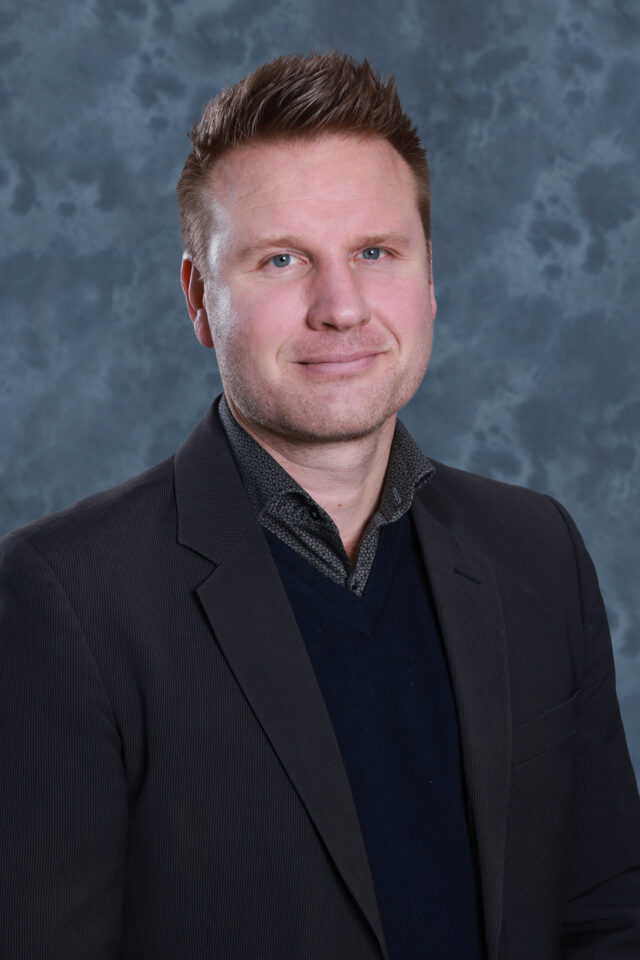
Thomas Mikkelsen
Chief Project Manager
Tel +45 42 21 00 39
thm@cleancluster.dk
Linkedin -

Sheila Kjerulff
Head of Communications
Tel +45 28 30 53 57
sbk@cleancluster.dk
Linkedin
